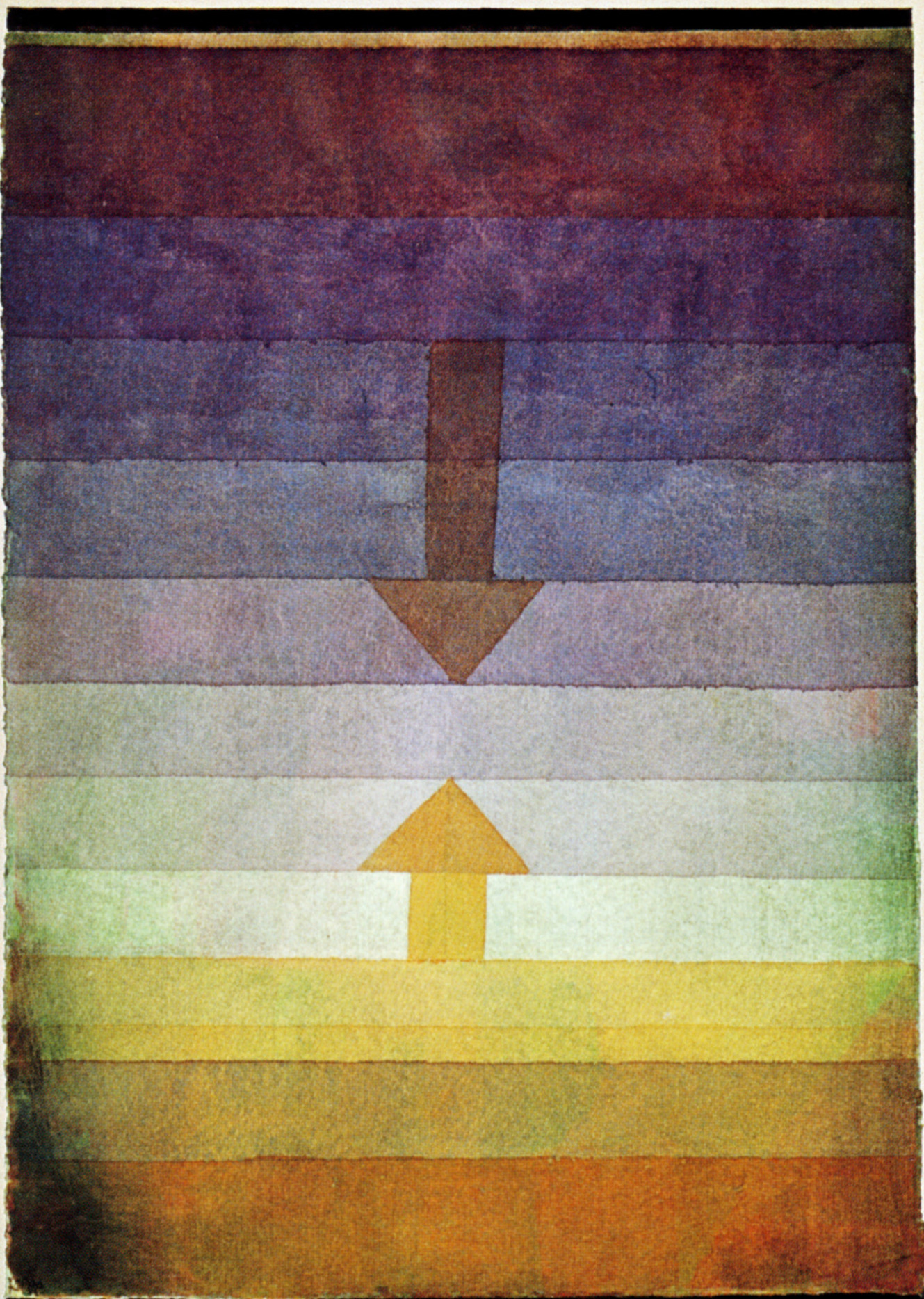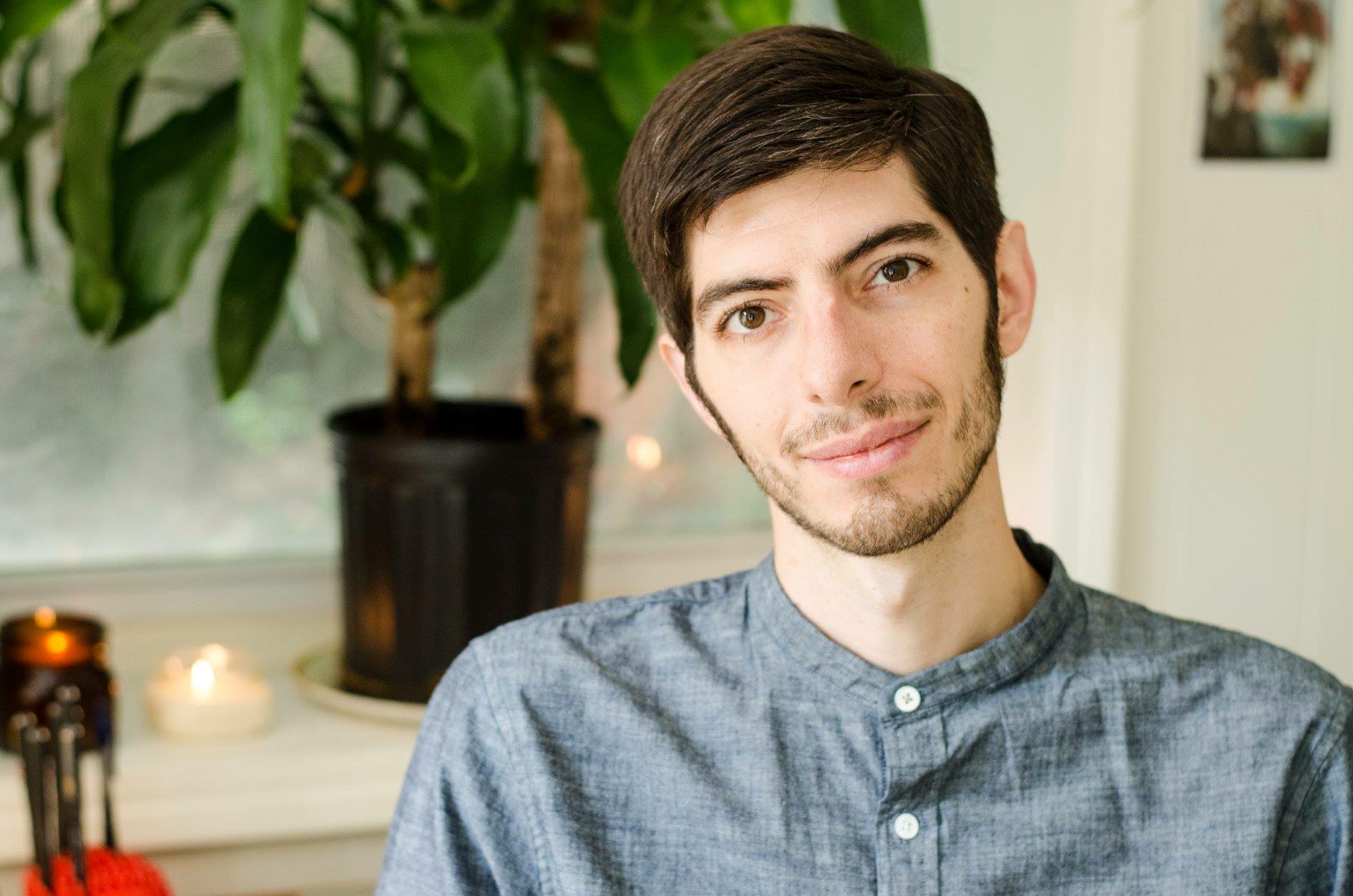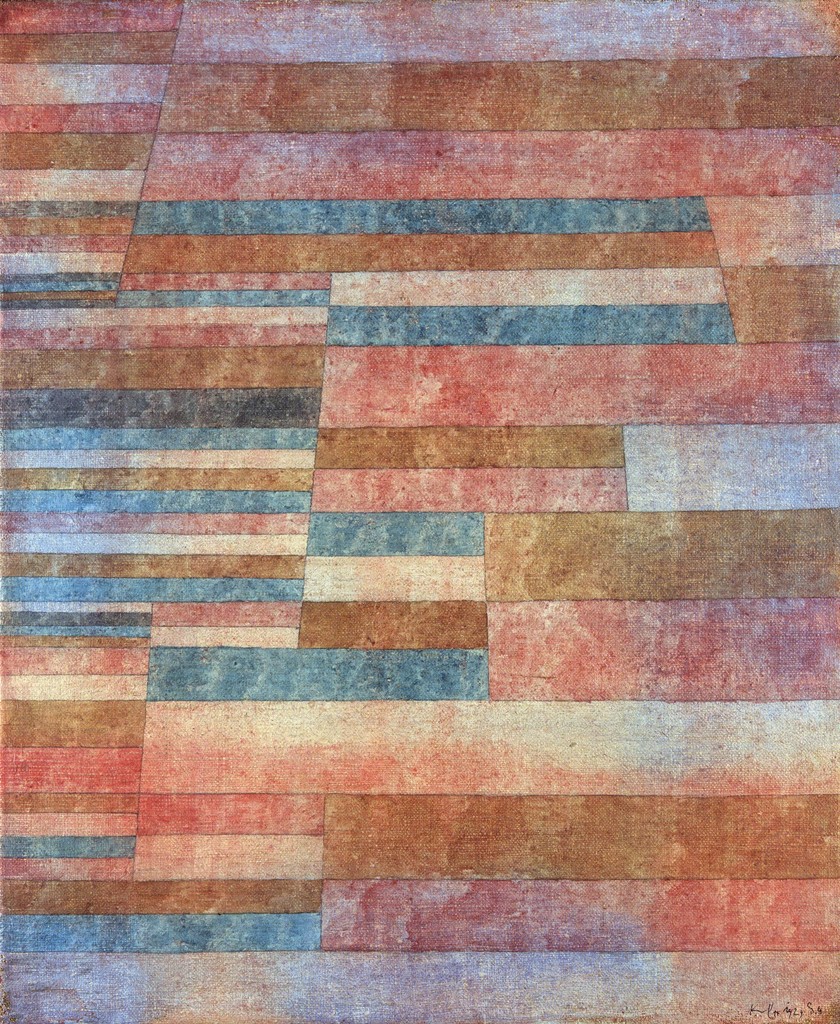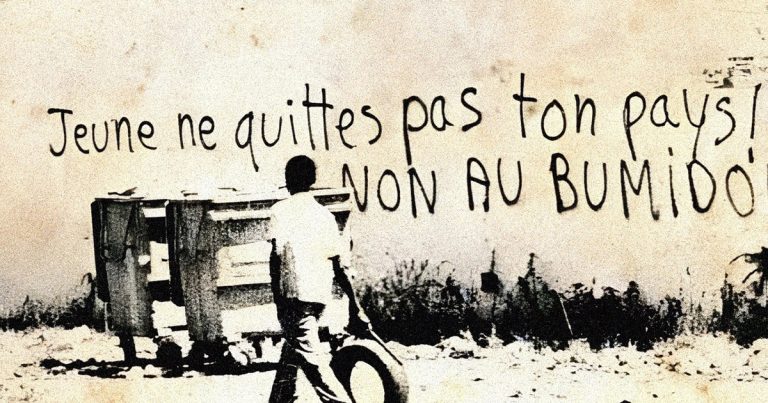

The November 2018 issue of Derrida Today publishes the keynote addresses from the 2018 Derrida Today conference in Montreal. One of the most exciting aspects of this gathering was the confluence of scholars who have been broaching questions of the environment, nature, and the living through Derrida’s work.
Three important milestones in the field are the publication of Eco-Deconstruction: Derrida and Environmental Philosophy, edited by Matthias Fritsch, Philippe Lynes, and David Wood, Francesco Vitale’s Biodeconstruction: Jacques Derrida and the Life Sciences, and the forthcoming publication of the seminar at the center of Vitale’s work, Derrida’s Life Death. Elizabeth Rottenberg’s keynote also touched on this seminar, which the Derrida Seminar Translation Project is currently preparing for French and English release.
My own essay, which has been included in this issue, “The New Novelty: Corralation as Quarantine in Speculative Realism and New Materialism,” deals with the relationship of deconstruction to these recent theoretical trends. The founding gesture of both Speculative Realism and New Materialism involves dismissing vast swaths of the history of thought in order to declare their own novelty. For Meillassoux, everything written “since Kant” has been too imbricated in the thinking subject and language, while New Materialist authors often make reference to the past several decades of “social constructivist” thought. Their intention is to speak about matter apart from thinking, language, or the human.
Deconstruction would suggest that these stark binaries would not prove to be as separable or decidable as they are made out to be. Matter and all its others will be found on both sides, in “correlationist” or “constructivist” texts or acts just as readily as in “materialist” or “realist” ones. As a result, the effort to secure the feeling of historical progress by placing the past on one side of this binary and ourselves on the other proves deconstructible as well. These declarations of somewhat brisk intellectual histories are rather corralations, the constraining or corralling of past texts within confines or quarantines that are less secure than generally believed.
This corralationist gesture does not only distort the past authors it misreads. The “contemporary” phenomena, the scientific or empiricist data to which these authors often turn has to be read one-sidedly as well to fit their materialist or realist paradigm. For example, the fundamental thesis of Jane Bennett’s Vibrant Matter is the freedom, vitality, and inventiveness of all matter. For her, this depends on the contingency of matter (as opposed to its mechanistic representation). However, when she would like to prove that inorganic matter shapes thinking (thus that it has the sort of agency associated with freedom) she references a scientific study which demonstrates a statistically significant correlation between omega-3 fatty acids and the behavior of prisoners. Such scientific studies bring matter under laws and relationships that are inimical to its freedom but are the only possible form of scientific knowledge. About the truly free one can make no predictions and know nothing.
We does not bring matter under the sovereignty of thinking by deconstructing this pure outside, but rather places in question the extent to which we ever know that what we identify as matter or thinking belongs to one or the other. Similarly, in After Finitude, Meillassoux’s fundamental principle is the contingency of everything, which he calls the principle of unreason. He encounters the same obstacle, however; in order to claim that our knowledge of contingent being is absolute, uncontaminated by our thinking, he must elevate that same thinking to an absolute status. So, he posits the idea that the rational discourse of mathematics and science offers the only possible absolute truth, despite his claim that the absolute is unreason itself. In other words, he claims both that everything happens for no reason, and that our scientific effort to discover the reasons and causes of things is absolute truth.
As opposed to these absolutist ways of thinking, we understand science better when we see that its manner of operation is deconstruction itself. What appears to us “empirically” only ever does so on the basis of the laws we posit to form a coherent view of nature, even when what emerges challenges and transforms those laws. Were this not possible, were science already the absolute knowledge of that impossible outside, then science, which is always a process of discovery and never an established doctrine, would be over, would have no future.






